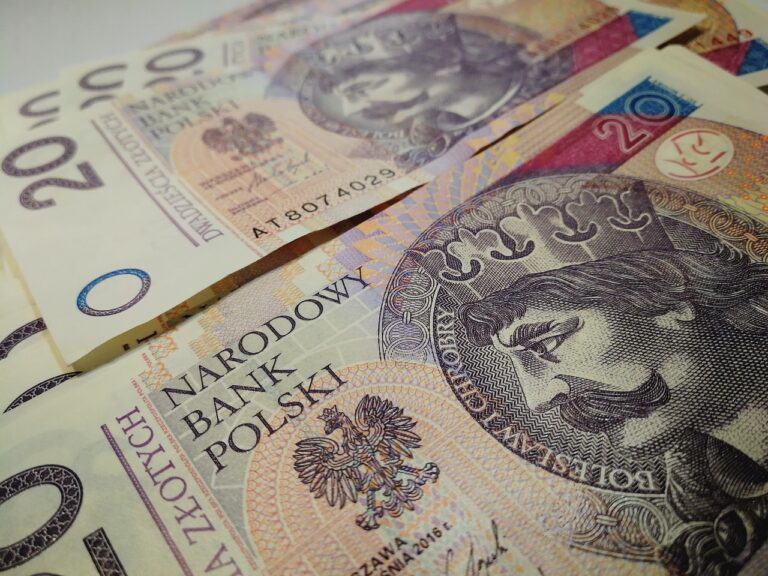Sustainable Fashion: Ethical Choices for Eco-Conscious Shoppers
Fast fashion, characterized by its quick turnover of trends and low-cost garments, has become a dominant force in the fashion industry. The rapid production cycle of fast fashion brands leads to an alarming amount of waste, as clothes are quickly discarded and replaced by new pieces, resulting in a significant environmental impact.
Moreover, the manufacturing processes of fast fashion often prioritize speed and cost-efficiency over ethical and sustainable practices. This leads to negative consequences such as exploitation of labor, excessive water consumption, and the release of harmful chemicals into the environment. As consumers increasingly demand transparency and accountability from fashion brands, the detrimental effects of fast fashion on the environment are coming under greater scrutiny.
The Rise of Ethical Fashion Brands
The growing concern over the environmental impact of fast fashion has led to a surge in the popularity of ethical fashion brands. Consumers are increasingly seeking out companies that prioritize sustainable and ethical practices throughout their supply chain, from sourcing materials to manufacturing processes. These brands are championing transparency and ethical production methods, resonating with a more conscious consumer base who are looking to make more environmentally responsible fashion choices.
Ethical fashion brands are not only focusing on sustainable practices, but also on promoting fair labor conditions and supporting communities where their products are made. By prioritizing ethical sourcing and production, these brands are not only reducing their environmental footprint but also working towards creating a more equitable and socially responsible fashion industry. This shift towards ethical fashion brands highlights a growing awareness and demand for more sustainable and ethical options in the fashion market.
What is fast fashion and how does it impact the environment?
Fast fashion refers to the quick production of inexpensive clothing to keep up with the latest trends. This results in high levels of waste, pollution, and exploitation of workers in the fashion industry, leading to negative environmental impacts.
How are ethical fashion brands different from fast fashion brands?
Ethical fashion brands prioritize sustainable and ethical practices throughout their supply chain, including using environmentally friendly materials, paying fair wages to workers, and reducing waste and carbon footprint.
Why are more consumers turning to ethical fashion brands?
Consumers are becoming more aware of the negative impacts of fast fashion on the environment and workers in the industry. They are choosing ethical fashion brands to support sustainable practices and make a positive impact through their purchasing decisions.
How can consumers support ethical fashion brands?
Consumers can support ethical fashion brands by researching and purchasing from companies that prioritize sustainability and ethical practices, as well as by reducing their overall consumption of fast fashion items.
What are some examples of popular ethical fashion brands?
Some popular ethical fashion brands include Patagonia, Reformation, Everlane, and Stella McCartney. These brands are known for their commitment to sustainability, transparency, and ethical production practices.







